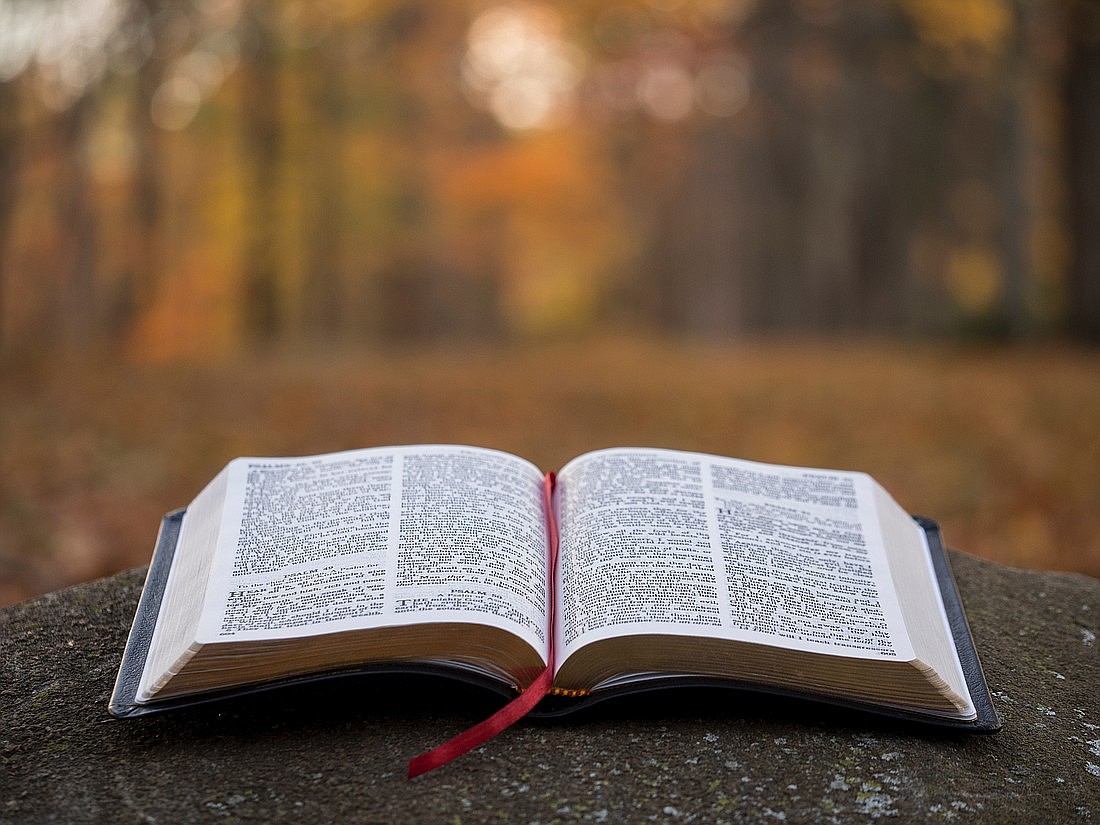April 17, 2024 at 8:43 a.m.
Preparing for the Holy Spirit!
The Church is very wise in the planning of the liturgical calendar. It seems like we are always in preparation for the next big thing in the cycle. As you will no doubt recall, the liturgical year begins with the season of Advent, a time of preparation for the coming of Christ. However, even in Advent, this holy time can be viewed as a two-part season. About the first three weeks, the focus is on the figure of Saint John the Baptist, the forerunner of the Lord Jesus, and the coming of Christ in glory at the end of time. Following this remote preparation for the Lord, from Dec. 17 onwards, we kick into high gear with the proximate preparation for the recalling of the events of the Incarnation and Birth of the Messiah, marked with the use of the “O” antiphons in the Liturgy of the Hours.
“Salvation is found in no one else, for there is no other name under heaven given to mankind by which we must be saved.”
— Acts 4:12
The great and holy season of Lent, the time of penance and preparation before the yearly commemoration of the Easter mysteries, can be seen as logically flowing from this time of Christ’s earthly ministry and can be seen in two parts, in a similar way to Advent. The time of remote preparation for Easter can be seen from Ash Wednesday and the first three-and-a-half weeks of Lent (in which the Lord Jesus gives us all those rich parables basically on prayer, fasting, almsgiving and forgiveness) all the way to around the end of the fourth week of Lent, at which time we begin to engage in our Gospel with the confrontations which led Our Lord to suffer his Passion, Death and Resurrection.
Following the time of the Sacred Triduum (which, truth be told, is its own liturgical season, clearly differentiated from Lent), we have the Easter season, which is, outside of Ordinary Time, the longest of the seasons. However, we can view even this Easter season, one in which we bathe in the light of His Risen Glory, Christ Our Lord, as a season of preparation. We can view all of the liturgical season of Easter as a remote and proximate preparation for the coming of the Holy Spirit in Pentecost. (And, if I may be candid, I find it a real shame that we do not have a season of Pentecost in the liturgical calendar. Imagine how nice it would be to have around two weeks of red vestments at the start of Ordinary Time.)
This week, we begin the proximate preparations for the coming of the Holy Spirit in Pentecost. It is said that, in many ways, the Holy Spirit is the forgotten Person of the Most Blessed Trinity. Perhaps this is because, in many ways, He is the most intangible.
Make no mistake, though — the Holy Spirit is God. He is the Lord, the giver of life, as we profess each Sunday and solemnity in the Nicene Creed. But how do we experience the Holy Spirit?
First, we can find the Holy Spirit in the Deposit of Divine Revelation, meaning we can see the hand of the Holy Spirit guiding the Bible and the Sacred Tradition of the Church. Do we recognize that the Sacred Scripture’s true author is ultimately God? Yes, God works through the divinely inspired authors, so that they correctly conceived, accurately expressed, and truthfully composed the Bible in its Canon, but never forget that God is the author of the Bible. In our preparation for Pentecost, perhaps we might wish to read with open hearts and minds the book that we have been reading throughout the entire Easter season: the Acts of the Apostles. In many ways, this book is the sequel to the Gospel of Luke, and they share the same author. Read Acts and look for the stories where that Third Person of the Most Blessed Trinity is the protagonist.
Second, we can find the Holy Spirit in the Sacred Liturgy. When you attend Holy Mass, look for the number of times that the Holy Spirit is invoked, especially during the Eucharistic Prayer. The Epiclesis is an essential part of the Mass and, in the consecration, the Holy Spirit is actively involved.
Third, we can find the Holy Spirit in the lives of the saints. Try to learn about some of the saints, blessed, venerated and servants of God, and look to where the Holy Spirit was clearly guiding them throughout their lives. Some figures whom you might want to examine include the soon-to-be canonized Blessed John Henry Newman, Venerable Mother Catherine McAuley, the Foundress of the Religious Sisters of Mercy, and the Servant of God, Romano Guardini, the great 20th century spiritual writer.
The Holy Spirit is coming soon in Pentecost, but he is actively present, powerfully showering us with his seven-fold gifts. Use this remaining time in the Easter season to prepare for the Holy Spirit!





Comments:
You must login to comment.